Bioethanol and Beyond: Advances in Production Process and Future Directions
Bioethanol and Beyond: Advances in Production Process and Future Directions discusses the advances in the production process of bioethanol, ranging from first to fourth generation bioethanol. Bioethanol is currently applied besides simple fuels (biofuel): it is mixed with other fuels, such as gasoline and diesel, and used for generating renewable fuels, such as hydrogen. Advances in the industrial bioethanol (first and second generation) chain point towards the co-energy generation, in situ, and the possibility of generating outside the industry via energetic densification of the residues. A biorefinery is suggested as a strategy to use the industrial residues by amplifying the products portfolio and, thus, collaborating with the process feasibility. The book covers the technological possibilities to produce bioethanol. These processes include the second generation with the use of structural sugars from the plant cell wall and residues from algae (third and fourth generation bioethanol). The fermentation process and contamination in the industrial fermentation is presented, as well as strategies for its control. Pretreatment technologies, enzymatic hydrolysis technologies, and the search for enzymes are described based on recent developments and finds. When it comes to commercialization, technical-analytical standards have been developed in order to control bioethanol quality, contributing to overcome technical barriers and providing product reliability. This book covers the most important tasks in the production process and future directions for the uses, which is a very useful source of information for everything involved in bioethanol science. In particular, this book will answer the questions of students and researches regarding bioethanol production process, as well as professionals in the industry supply chain. (Nova)
{{comment.content}}
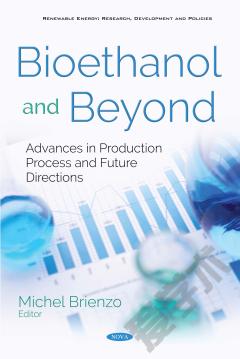
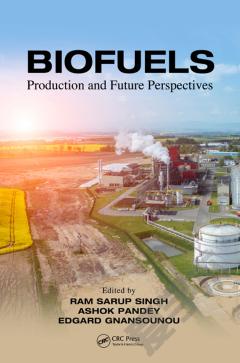

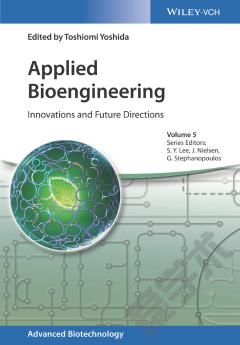
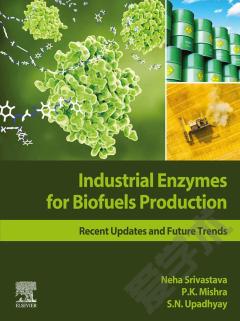
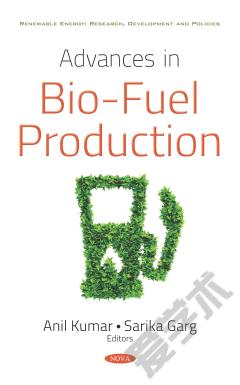


 京公网安备 11010802027623号
京公网安备 11010802027623号